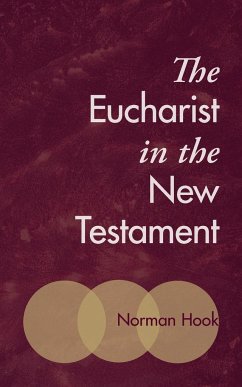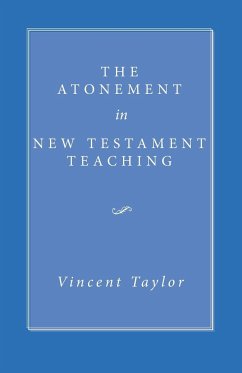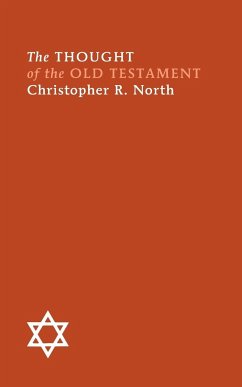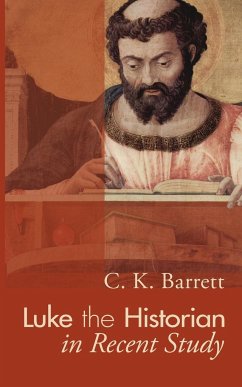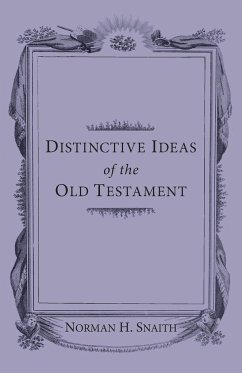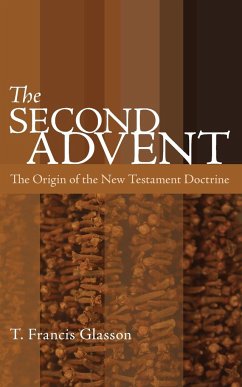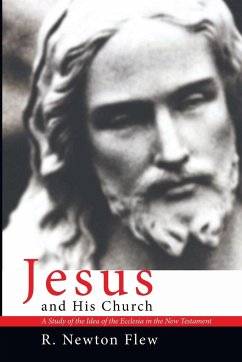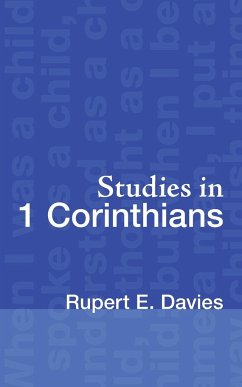This book demands a 'new look' at Eucharistic doctrine, and is offered as a serious contribution to ecumenical discussion. Two motives lie behind this study--(1) the fact that the explanation of the Dominical worlds either causes offense to educated people, or is so watered down that the explanation ceases to arise naturally from the language; and (2) the tragedy of a situation where the one sacrament which should unite us all is one of the major causes of our divisions. The thesis is concerned to establish that in the field of the New Testament itself there is good ground for believing that there is a single Eucharistic doctrine. It proceeds on the lines following: (1) The Last Supper was a Passover, albeit an unorthodox one, and the Passover background was an eminently suitable instrument for our Lord's purposes. (2) It concludes that the Pauline-Lukan tradition of the cup saying is original, and then considers the meaning of the Dominical language with reference both to the Greek and to the possible Aramaic originals. What is yielded by this examination is a doctrine which is in line with the historical background, intelligible, spirituality satisfying, and, most important, free of the metaphysical subtlety which has divided the Church. (3) Examination of the Corinthian Eucharist and the Breaking of the Bread in Acts discloses an attempt to reproduce the Last Supper, and therefore an identical doctrine. (4) A study of the Fourth Gospel inquires how far its supposedly 'realist' doctrine conflicts with this identical doctrine, and reasons are given which suggest that any difference in doctrine between the Synoptists and the Fourth Gospel is unlikely. (5) The two concluding sections of the book examine the doctrinal implications of the thesis established, with special reference to the doctrine of the Presence and the doctrine of the Eucharistic sacrifice. Because the Reformers claimed to reestablish a Scriptural doctrine, reference is made to the work of Cranmer, its weakness illustrating the strength of the case for the exegesis herein propounded. (6) In the 'sealing ordinances' of the Church of Scotland and in the Covenant Service of the Methodists the author sees genuine insights which belongs to a true Eucharistic doctrine and which should be preserved.
Hinweis: Dieser Artikel kann nur an eine deutsche Lieferadresse ausgeliefert werden.
Hinweis: Dieser Artikel kann nur an eine deutsche Lieferadresse ausgeliefert werden.

